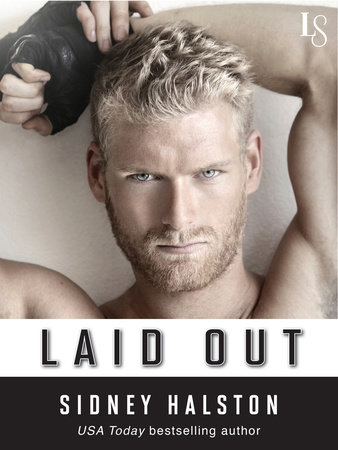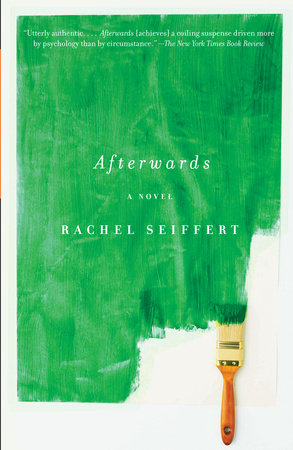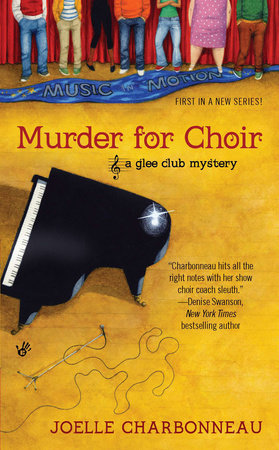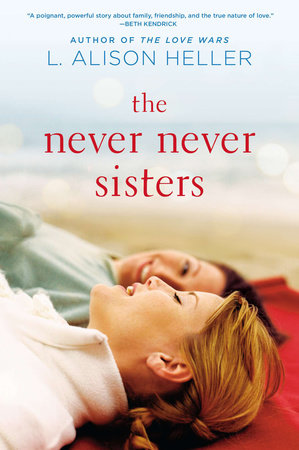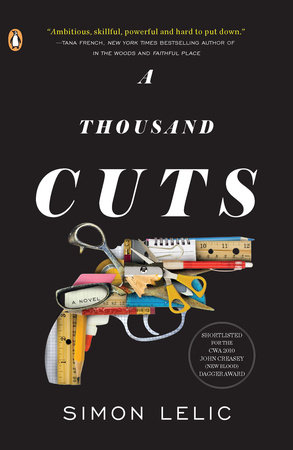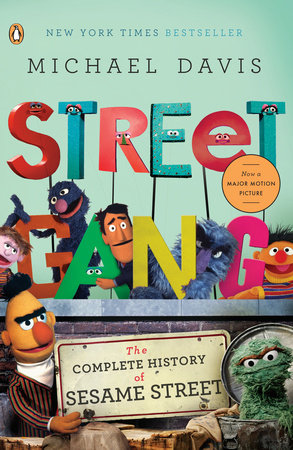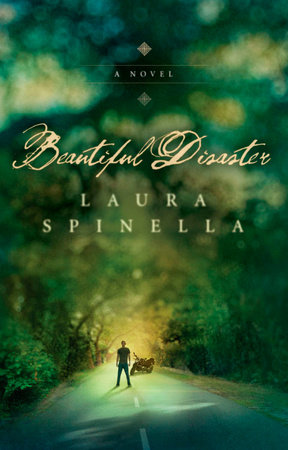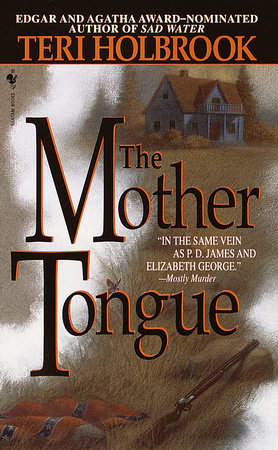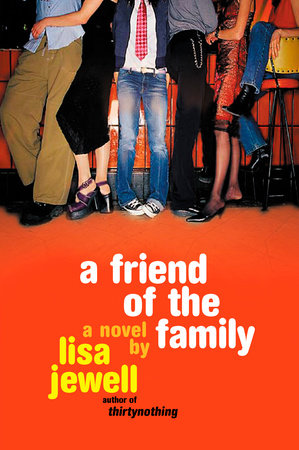Author Q&A
A Conversation with Rachel Starnes
At times, The War at Home is brutally honest and emotionally raw. How did Ross and your family feel about your revealing so much of their lives? How did you prepare yourself to share such intimate issues?
It took me nearly seven years to write this book, and I had been working on iterations of my family’s story much longer than that. The short answer is that I was fortunate enough to be able to engage in direct conversation with my subjects over a period of many years, and they were kind enough to share their stories and perspectives with me, and show incredible patience and forbearance as I stumbled through drafts. That said, the social contract within my family, in terms of what was for sharing publicly, was different from the social contract with Ross. With my family, I had a much longer history of mapping the terrain, and many more years to work over the painful stuff until it made sense. Ross is a very private person. One of my biggest struggles was trying to develop a code of ethics when it came to respecting his privacy and also telling my own truth when it came to the challenges of our marriage. He was extremely brave and generous throughout the process, and when it came to reviewing drafts, most of the changes he asked for were technical details. As for preparing myself, I’ve found that the most profound and meaningful connections in my life have come from taking risks with how much I shared. Conversely, the times I’ve been most miserable, disconnected, and lonely have been the times I was working very hard to project an image of myself that was more competent, more confident, less flawed, and less interesting than who I really was.
The War at Home ends with you at a crossroads, facing a twelve-month wait for approval of Ross’s application to the Navy Reserve. What has happened since then?
We made it! I’m thrilled to report that Ross’s application to the full-time Reserve was accepted, and he’s begun his training to be a dedicated adversary instructor flying the F-5 Tiger. This means more Permanent Change of Station moves for us in the future (we’ve just finished a PCS move from California to Florida), but no more deployments. I’m optimistic about the future, and I am so proud of Ross.
Are you still in touch with any of the friends, such as Stella and Jake, who appear in the book?
I am, though the nature of some of those friendships has changed over time. I’m trying very hard these days, much harder than I’ve tried in the past, to put in the work it takes to maintain friendships over distance and time. Part of this is because I’m recognizing how rare and important these friendships are, and how easy it is to lose them if I rely strictly on social media or the occasional text message, or fall back on the “See you again soon” line I’ve heard in so many military circles. Sometimes the line is true, but sometimes it’s just a way of masking the pain of relocating and not using an important opportunity to say how much that friendship meant. I have been guilty of this. But the biggest reason I’m working so hard on maintaining friendships now is that I need my kids to see how to do it. I can’t keep asking them to leave behind everything familiar for a new place if I don’t also show them how to do the work to keep an important connection alive. Luckily, I have some wonderful friends who are teaching me how to do this.
You’re sensitive to the parallel between your marriage and that of your parents, and how your choices will force your sons “through the same absurd dance of loss and longing” (p. 169) that you struggled with. How does your own experience with this “dance” influence you as a mother?
Parenthood has allowed me to see, understand, forgive, and above all, respect my own parents in ways that weren’t possible for me before. This applies especially to my mother, whose strength I never truly understood until now. Even so, I can’t use any understanding I may have about my own parents, and their effect on me, as anything more than one tool among many when it comes to parenting my own children. I may have some insight into some of the things they’ll experience, but I can’t let that cloud my vision when it comes to each of them showing me who they are as individuals. I’m trying every day to be present and attuned to what my kids are feeling, and this involves a balancing act between acknowledging their feelings and my own, and also knowing when I need to be more careful about enforcing a boundary, maybe keeping some of the more intense stuff from showing. That’s the plan, at least. I think all parents struggle with this—how and when do you apply the lessons of the past, and what do you do when your best-laid plans fail. Perhaps a better answer is just, “I don’t know, but I’m trying.”
Although still a minority, many women serve in the military as well, and presumably many are married. Is there a community of Navy husbands?
They’re out there, yes, but so far I’ve not met many. I would love to ask how their experience differs from mine, how it’s the same, and whether they feel compelled to support their spouses in the ways most spouses’ clubs seem to encourage—do they make calendar squares for the ready room calendar during deployments, contribute to bake sales, buy the fundraiser shirts with their spouse’s call sign? So many of the activities I’ve been a part of have been gendered just because that’s who we were—wives and girlfriends—but I would love to know what this experience is like for a civilian husband or boyfriend.
The War at Home deviates in many ways from the typical image of military life. In addition to your book, are there any other depictions in film or literature that you feel accurately portray your experience?
First off, I’m not sure what a typical image of military life is when it comes to a spouse’s point of view. I looked hard for those over the years and I didn’t find many, and certainly not enough to come up with a type. Perhaps that’s the problem—there aren’t yet enough voices in literature and film speaking from the spouse’s perspective. Siobhan Fallon’s excellent collection of short stories, You Know When the Men Are Gone, though it’s told from an Army perspective, is one of the few. I also appreciated Alison Buckholtz’s Standing By. There’s been a wealth of brilliant writing and film portrayals from and about veterans of the wars in Iraq and Afghanistan, but I’m really hoping more spouses will tell their stories. These are important voices to hear from, especially when there’s a widening gulf between the civilian and the military versions of citizenship in our country.
You write, “When they are at their best, friendships among military wives are so intimate and intense precisely because the tide is so reliable. We build fast and we take risks in how much we reveal and how deeply we trust, risks a normal friendship would take years to earn. While it’s still standing, what we have built is wonderfully strong” (pp. 57–58). Although you are initially disdainful of the Navy wives’ club, after giving birth you realize that these women were also an incredible support system. What support have you provided to other newly arrived military wives? What lessons have you shared?
Spouses’ groups have always been a challenge for me because by definition they attempt to lasso together such a diverse collection of people under the heading of their spouse’s job. It’s not that much of a commonality, when you think about it. And yet, over and over, I’ve found that I really need these groups when it comes to the administrative business of getting settled in a new town, getting important dates and information about where the squadron is going and when, and connecting immediately with a group of people willing to share their phone numbers in case of emergencies big or small. When you relocate often and rarely have family nearby this is important, something Google or Yelp or Facebook can’t really replace. And this is to say nothing of those magical, lucky moments when I’ve actually found a kindred spirit among the group. But yes, a lot of these strengths of spouses’ groups were ones I didn’t have to lean on until I had kids, so it was easier to focus on the weaknesses—the awkwardness, the personality clashes, the subtle awareness of our spouses’ ranks, the stress of always trying to appear like you’re handling everything just fine (or maybe that was just me). What support have I provided and what lessons have I shared? I believe in meal trees. I make it my business to cook for anyone who needs it, even though I’m not the world’s best cook. As far as lessons, I’ve written a memoir, but it’s only my particular experience. I’ll resist the role of expert or seasoned pro because I’m neither. About the best I can do is be a sounding board.
What is your writing process? Is there anything you have learned through the experience of publishing this book that influences how you approach your writing now?
Much of the book was written in fifteen-minute bursts on a laptop left open on the kitchen counter where it was high enough that my kids couldn’t reach it. That’s a far cry from my pre-kid days when I could sit in a quiet room for hours at a time laboring over one sentence, but ironically I get so much more writing done this way. I’ve carried paragraphs in my head from chore to chore and tinkered with them while I changed diapers or washed dishes or grocery shopped. I write while my kids are napping or late at night, and sometimes on the weekends I can steal a couple of hours to myself in the local library. Quiet public writing spaces, I’ve found, are hard to come by. (Side note to coffee shops: please turn the music down. I promise to buy more coffee if you do.) It’s also important here to note the heroic contributions of my mother, whose visits always include an admonition to “go away and get some work done” while she plays with my kids, and of course Ross, who often takes one for the team even when he’s exhausted. As for what I’ve learned that influences my writing now—I hope I can continue to separate the response to my work, whatever it is, from the desire and motivation to produce it.
What appeals to you about writing nonfiction? Could you imagine writing in a different genre in the future? What is your next project?
I’m attracted to a good story, one in which there’s something at stake, interesting characters who change over time, carefully rendered scenic details, some new fact or shade of experience I didn’t have in my head before going in. Often I find all of this in nonfiction, plus that added element of someone grappling with their notion of the truth and their responsibility to it. I would love to try my hand at fiction, but I’m not ruling out another foray into nonfiction. I have a few irons in the fire now, but nothing I’m ready to bring out just yet.




